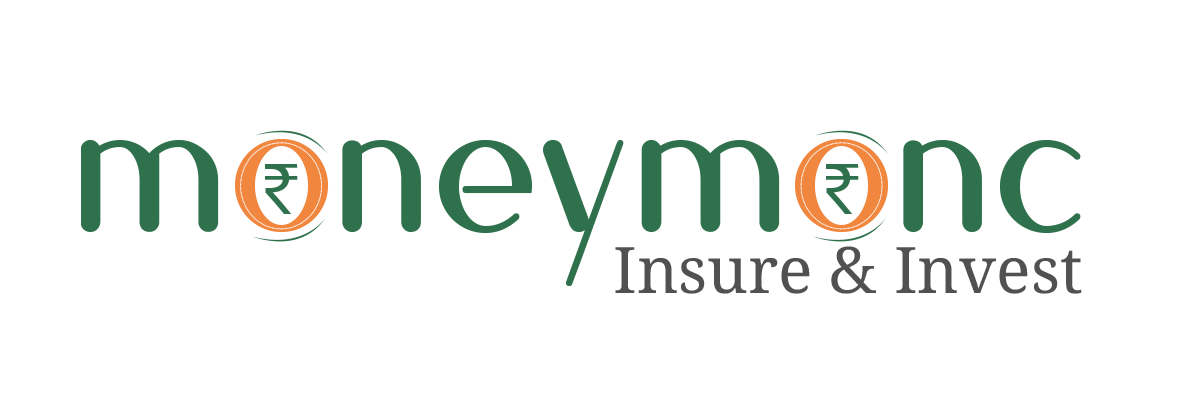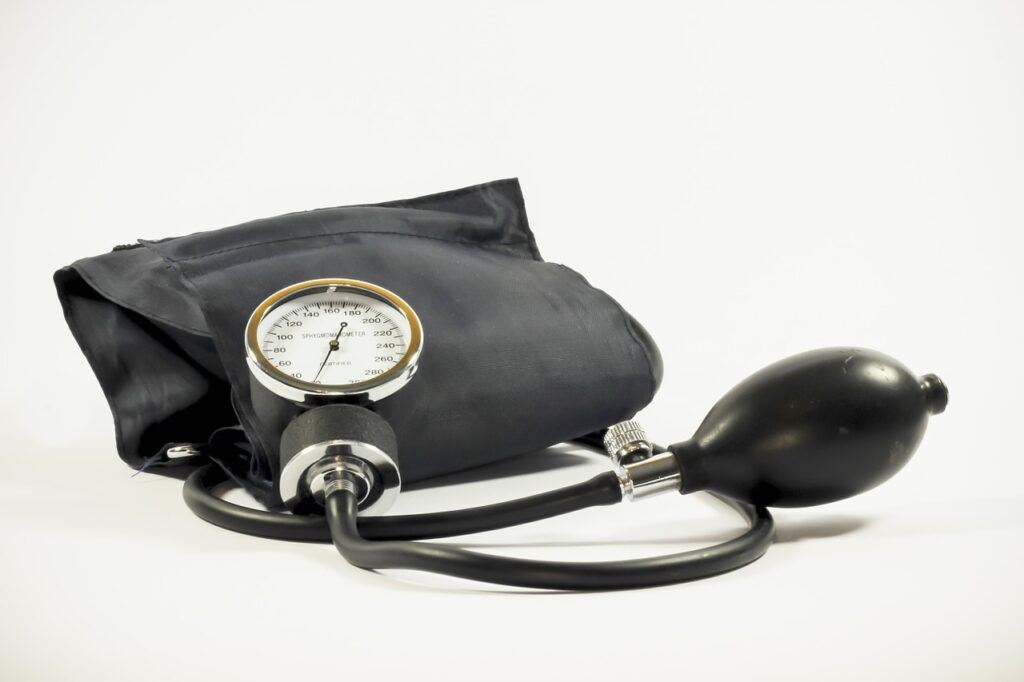It is common to be stressed out, whether in the corporate world, entrepreneurship, or simply while running the household. Stress catches us young, and if left unchecked, it stealthily grows within us, disguising as hypertension, commonly referred to as high blood pressure.
As per WHO, nearly 63 percent of total deaths in India are due to non-communicable diseases, of which 27 percent are attributed to cardiovascular disease (CVDs) which affects 45 percent of people in the 40-69 age group. Raised blood pressure is among the most important risk factors for CVDs.
Hypertension – Causes & Diagnoses
“Although hypertension can be attributed to family history, other lifestyle issues like obesity, lack of physical activity, stress, unhealthy eating habits, excess salt, elevated blood sugar levels, etc. also contribute to hypertension-related diseases,” says Dr Shreeraj Deshpande, Chief Operating Officer at Future Generali India Insurance.
“Hypertension is a lot more prevalent than estimates. By the time one comes to know of the disease, one would have suffered some damage to body parts like heart, kidney, eyes, or brain,” he says.
It is, therefore, important to be aware of hypertension and to regularly monitor the blood pressure even when everything seems fine.
“This is because a mild or average increase in blood pressure may not result in any significant changes immediately, but by the time one develops symptoms it can, unfortunately, result in something as big as organ damage,” suggests Dr S Prakash, MD, Star Health & Allied Insurance.
Hypertension Related Hospitalization & Medical Claims
Over the years, insurers have seen a hike in claims stemming from hypertension.
“Hypertension related ailments have been a part of the top 5 claim categories for our portfolio, increasing over the years at about 15-20 percent,” says Dr Deshpande.
At Future Generali, the average claim size for hypertension-related diseases range from Rs40,000 for treatment of hypertension complications to Rs 2.5 lakhs for cardiac complications arising out of hypertension.
“About 40 percent of our claims come from the 25-45 age group and almost 70 percent of the claims are from the less than 60 age group,” informs Dr Deshpande.
Apart from CVDs, hypertension also gets clubbed with diabetes. As per Dr Prakash, “Usually 75 percent of diabetics have some form of hypertension. Besides, hypertension and heart diseases also coexist. So instead of incurring claims due to hypertension, we usually get claims of heart disease or stroke, such as a person losing consciousness or getting one side of his body paralyzed, because of some bleeding that happened in the brain.”
So admission solely for hypertension is very rare. Usually, the cause is diabetes and hypertension-induced damages to one’s eyes, brain, or heart.
As per Dr. Sudha Reddy, Head, Health and Travel – Digit Insurance, “For hypertension-related diseases, the claim amount ranges between Rs2 and Rs3 lakh in case of hospitalization. In that case, having a policy with at least Rs10 lakh sum insured is what we would suggest for one to be protected throughout the year.”
Treatments under AYUSH
Many people are today turning back to roots for treating stress and hypertension through Ayurveda, yoga, etc. “Even this is covered under our health insurance policy. Hypertension treated through alternative medicine is covered in insurance, albeit a hospitalization is made. Hospitalization in any certified AYUSH centre is eligible for claim coverage after a customer submits all the required documents to us,” says Dr Sudha.
Prevention is the way forward
Given the rise in health insurance claims related to hypertension, several health insurance providers of India today are also incentivizing their customers to maintain a healthy lifestyle.
T A Ramalingam, CTO, Bajaj Allianz General Insurance, says, “COVID has made everyone aware of the benefits of adopting a healthy lifestyle. So we believe it is essential to give people further incentives through discounts so that they feel additionally motivated to continue on the path of wellness.”
Insurance companies are also educating people to help them make better lifestyle choices as a part of preventive healthcare programmes.
“In addition to offering discounts and benefits, we keep track of our customers, who have hypertension, are on single or multiple drugs, and then we conduct regular surveys. Wherever we find that there’s a higher risk, we offer them what we call a “Condition Management Programme”.
Under this initiative, specific to the individual conditions they face, policyholders are taught about lifestyle changes regarding diet and encouraged to get timely check-ups and treatment to avoid developing any major conditions, says Dr Prakash.
Insurers are also taking to digitization and social media to communicate to their customers. As per Atul Deshpande, Head – Claims, Digital & Projects, SBI General Insurance, “At SBI General, we keep using our app, website, and other modes of customer communications to create awareness towards early detection and the right treatment, along with publishing latest claims trends.”
Apart from this, SBI General Insurance is also developing Health Risk Assessment modules aimed at self-assessments and early detection.
“Our Wellness Programmes aim to incentivize customers to adopt a healthy lifestyle, exercise plans, etc. These will help the customer in real-time monitoring of their health initiatives.”
What We Need To Do
This World Hypertension Day, we should commit ourselves to healthy lifestyle choices while also regularly monitoring our blood pressure, even when we seem to be fit and healthy.
Along with this, we need to secure ourselves and our families with adequate health insurance so as to prevent out of pocket expenses. It is always better to insure ourselves at the earliest, since any pre-existing condition such as hypertension, takes 2-4 years to get covered depending on the policy terms and conditions.
Prevention is the key, but so is protecting our finances while investing in adequate health insurance policies.
(Elizabeth Mathai is a Kochi-based content creator and a therapist, with expertise in insurance)


